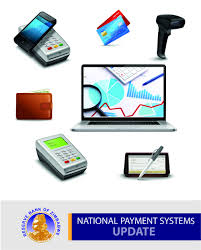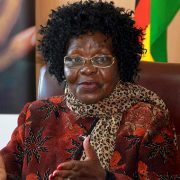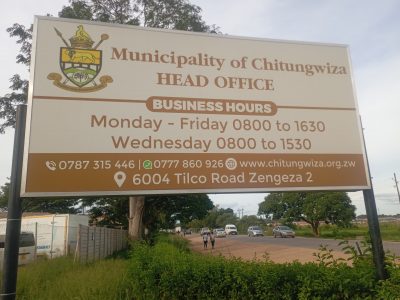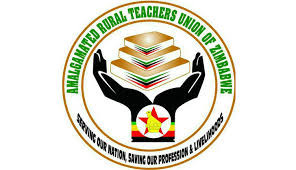Zimbabwe’s largest mobile money platform Ecocash has been feeling the heat caused by Reserve Bank og Zimbabwe (RBZ) tight control following the National Payments System (NPS) Zimbabwe dollar ZWL Transactions being Halved On Mobile-banking Platforms resultantly Making only USD$1.9 Billion less than half of what the same Mobile platforms made same time last year.
RBZ Governor Dr John Panonetsa Mangudya revealed that, “The total value processed by the National Payments System almost halved compared to same time last year making $1.9 billion from 36 million transactions in September.
Governor Mangudya exclusively revealed to TechnoMag, ” That compares with a monthly average of $4.2 billion last year, from about 120 million monthly transactions.”
Ecocash justifiably aa a result retrenched hundreds of its employees amidst tight regulating environment enforced by the Reserve Bank Of Zimbabwe, forcing millions to abandon the mobile money payment platform as the to go platform.
Zimbabweans ordinarily use Ecocash, One Money or Telecash to transact as millions in the country are unbanked hence the mobile platform is the easiest and quickest way to settle for daily transactions.
Analysts now blame the central bank accusing it of crippling mobile money transactions in Zimbabwe by introducing tight transaction limits, punitive 2% per transaction and unrealistic monthly limits dissuading the usage of the mobile money platform.
This move has seen millions using other modes of payments, with Zimswitch winning favour of many clients to transact and make instant transaction, a major blow to Ecocash.
With constrained transaction and better environment for competition, Ecocash has seen its worst performance season, revenues dwindling and millions using other favourable alternative platforms due to regulatory environment, Ecocash has suffered greatly.
ZIPIT Person to person transaction limit remains at ZWL25,000 per transaction while the person to person weekly limit of ZWL$100,000 has been removed, and a new monthly limit is set at ZWL$400,000.
However on the Ecocash, it was recently increased to $50 000 per transaction up to ZW$280,000/month or per day.while the Merchant & Bill Pay is ZW$100 per transaction up to ZW$400,000/month or per day.
These limits only translate to maximum of $400 usd on the parallel market per month and one wonders what business transaction can anyone serious undertake under such conditions, hence every serious business player can no longer use the mobile payment platform or Zipit to settle transaction.
With such limitations and extra charges being incurred, millions have simply resorted to ZimSwitch, where people are swiping for goods and services, without any limits, with so much convenience.
Zimswitch is the sole National Electronic Funds Switch and clearing house for Zimbabwe designated by Reserve Bank of Zimbabwe.
Bank RTGS are now predominantly the only way to settle for serious transactions, meaning mobile payments will now be left for domestic purposes and settling very small transactions for those that still care to.
The mobile money company has been on a retrenchment exercise, laying off hundreds of its employees to manage costs in a very slow environment for sustainability .
The government has blamed Ecocash as a Ponzi scheme, and promised to tighten the transaction with serious allegations that Ecocash was introducing excess revenue into the fiscus , a move they have been investigating for years, with no evidence to date.
This has created an uneven and unfair playing field for the business, where certain rules are only applied to other platforms, while others platforms are not facing the same limitations.
In a statement Ecocash announced the retrenchment process citing a changed economic environment.
The changing economic operating environment has necessitated a strategic refocus as we look to increase the competitiveness of our business.
This follows the successful automation of our key business processes. Regrettably, the process will result in the reduction of our overall staff complement across the group.
According to close sources tom the development, this was just but a more acceptable PR reason to state, while in actual essence, the company has suffered serious regulatory environment constraints to its business operations.
This simply means more Zimbabweans will soon be unemployed, adding pressure to to an already struggling economy as Ecocash lays off employees, a retrogressive move for a government that must be creating an environment that creates employment.
Rbz Governor Dr John Mangudya confirmed, “The Zimbabwe dollar transactions nearly halved in volume and value terms since the end of last year on banking and mobile-banking platforms.
Zimbabwe Monetary authorities have struggled to successfully reintroduce Zimbabwe’s own currency into the economy after abandoning its unit for more than a decade because of hyperinflation in the late 2010s.
Increase in the use of US dollars in the economy does, however, mean that companies have sufficient foreign exchange to import capital equipment without using the central bank auction, alleviating an obstacle to trade that other countries have faced because of a strong US currency.









Comments